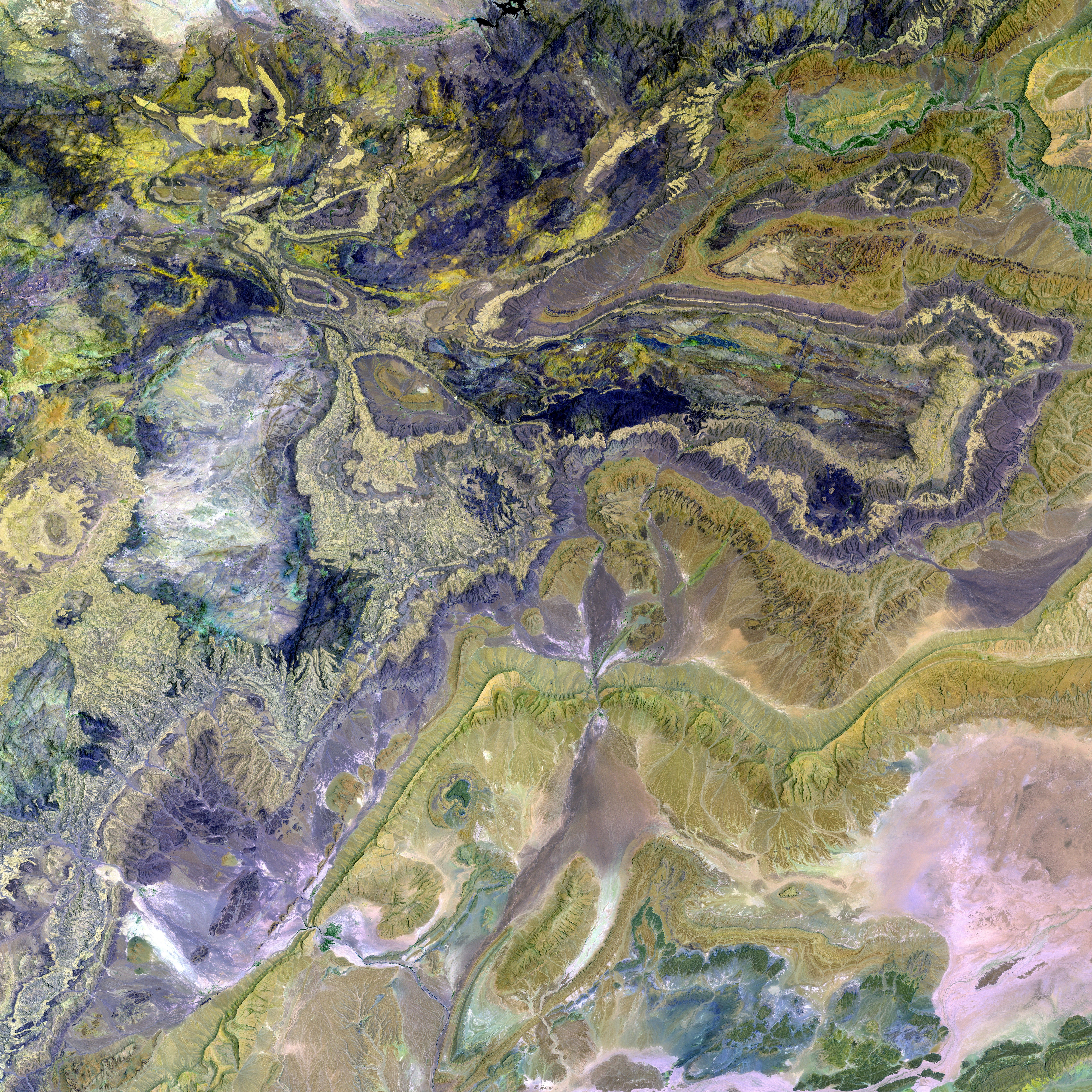All-Out Clash in Kashmir: A Nuclear Standoff?
Pakistan's Prime Minister expresses worries about intensification - Pakistan's Prime Minister expresses response and worry over potential escalation
Tensions are escalating dramatically between India and Pakistan over the Kashmir region, with both countries exchanging fire and threatening military action.
The Spark Ignites
It all started with a devastating terrorist attack on April 22, 2025, in the Pahalgam area of Indian-controlled Kashmir, which left 26 dead, including tourists from India and Nepal, and one Nepalese citizen injured. India swiftly accused Pakistan of backing the attack, which Pakistan promptly denied[1][2].
In response, India mounted military strikes against targets in Pakistan and Pakistan-controlled Kashmir, announcing the destruction of 100 terrorist hideouts[1]. The Pakistan Army confirmed casualties, with at least 36 deaths and numerous injuries[1].
Aviation Warfare and Land Engagements
Things took a turn for the worst as Pakistan shot down Indian drones, and exchanges of gunfire and airborne skirmishes erupted between the two nuclear powers[1][2]. Schools in several regions have been closed, and major landmarks have been evacuated as air raid sirens blare across Indian cities near the border[1].
International Apprehension
The global community has voiced concern over the unfolding crisis, with leaders such as the United Nations' Secretary-General António Guterres, former U.S. President Donald Trump, and representatives from various countries urging both countries to de-escalate tensions[2].
The Deep-rooted Conflict
The Kashmir dispute began in 1947, when India and Pakistan became independent, leaving the princely state of Jammu and Kashmir in limbo between predominantly Hindu India and predominantly Muslim Pakistan.2 The region's strategic importance and competing religious demographics have continued to fuel tensions.
The Looming Nuclear Threat
Given that both India and Pakistan possess nuclear weapons, the potential for escalation carries grave implications. To avoid further conflict, numerous countries, including Russia, China, and the U.K., have stepped forward to mediate between the two nations[2].
The Path Ahead
The Kashmir conflict remains unresolved, with both countries refusing to budge on their claims while facing increasing diplomatic pressure from the international community. As the situation remains precarious, all parties involved must work diligently to reduce tensions and find a lasting solution.
- The Parliament has expressed concern over the escalating conflict in Kashmir and the Commission communication on the European Union's role in the fight against terrorism, given the potential for nuclear war between India and Pakistan.
- Merz, an international politics analyst, has warned that the Kashmir crisis could become a full-blown war and attract global attention, similar to the ongoing war-and-conflicts in various regions around the world.
- Despite the ceasefire agreement between India and Pakistan, the recent casualties and escalation of violence have raised questions about the impartiality and effectiveness of political efforts to resolve the Kashmir dispute.
- General news outlets have reported increased tensions between India and Pakistan, with rising casualties, and calls for a ceasefire and peace talks echoing in the global political arena.








